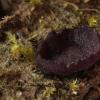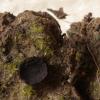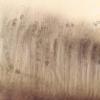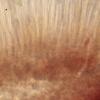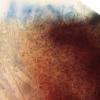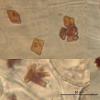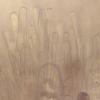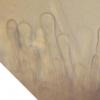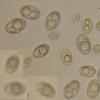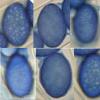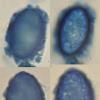
29-08-2025 05:16
 Francois Guay
Francois Guay
I think I may have found the teleomorph of Dendros

31-01-2026 10:22
 Michel Hairaud
Michel Hairaud
Bonjour, Cette hypocreale parasite en nombre les

31-01-2026 09:17
 Marc Detollenaere
Marc Detollenaere
Dear Forum,On decorticated wood of Castanea,I foun

30-01-2026 21:20
Arnold BüschlenBryocentria brongniartii und B. metzgeriae mit ihr

21-01-2026 16:32
Gernot FriebesHi,I need your help with some black dots on a lich

07-12-2015 14:17
 Zugna Marino
Zugna Marino
Buon giorno a tutti, ad un primo momento, non ess

29-01-2026 10:04
 Jean-Paul Priou
Jean-Paul Priou
Bonjour à tous, Marcel LECOMTE président de L'A
Smardaea, reticulate ellipsoid spores
Viktorie Halasu,
20-09-2017 13:32
 Hello forum,
Hello forum,last week I finally found a Smardaea but it doesn't seem to be one of the usual species.
It grew on a place, where cut trees are temporarily stored, now unused for some time and overgrowing with plants. Spruce plantation, 285 m a.s.l., northern Moravia (Czech Rep.).
Apothecia up to 6 x 4 mm, dark violet.
Purplish pigment in all parts (ectal excipulum, subhymenium, some asci, spores a bit purplish too), with lactic acid it discolors to wine red and coagulates to small brown crystals.
Ascus base pleurorhynchous. Paraphyses clavate to slightly capitate, usually hyaline.
Spores (broadly) ellipsoid, *(16,8) 17,3-18,8 (19,1) × (11,6) 11,9-12,6 (13) um (alive, freshly ejected), or 16,3-18,2 × 10,3-11,9 um (dead in LACB and still in asci), with 2 big guttules and sometimes a few small ones.
Part of the spores in ascus is often abortive, only sometimes all of them mature (and then they are a bit narrower).
Ornamentation: uneven reticulation, about 0,6 um high (visible on the outline), in LACB the perispore swells and loosens a bit.
The closest description I found in Benkert (2005) as "S. obtusispora ad int." (the Chemnitz collection). The spore size, ornamentation, and frequently less than 8 spores in ascus fit his description, but in this collection the spores have more pointed ends. I didn't read anything about loosening perispore in Smardaea, only Donadini notes very sensitive ornamentation in S. reticulosperma that can be damaged by pressing to much on the coverslip.
Can this be the same species as Benkert's? Does anyone know if it was ever found again and/or named?
Thank you for any advices.
Viktorie
Benkert's article: https://www.dgfm-ev.de/publikationen/artikelsuche/beitraege-zur-kenntnis-einiger-gattungen-der-pezizales-ascomycetes-plectania-pseudoplectania-ramsbottomia-smardaea-greletia-sowerbyella/download



